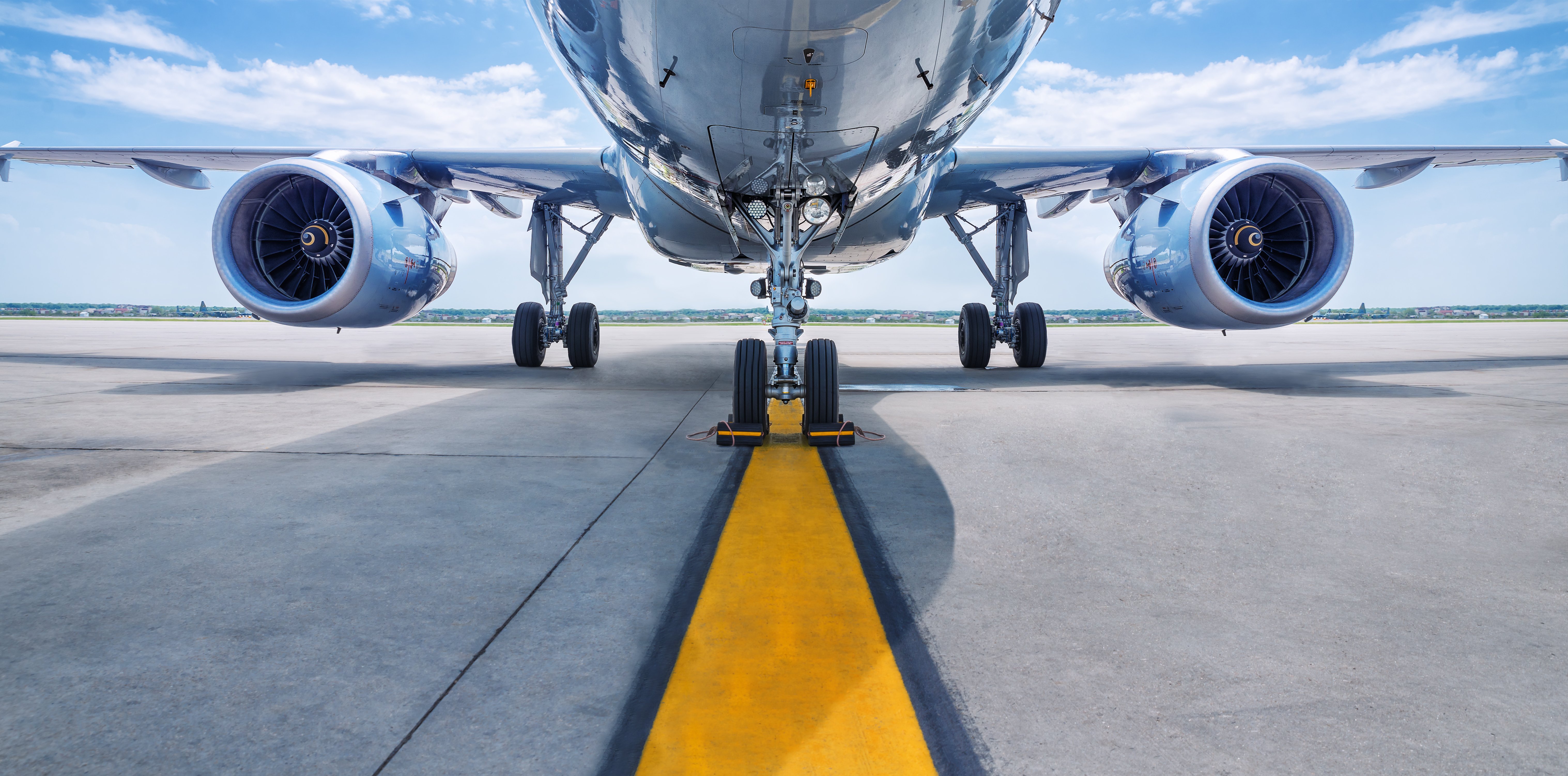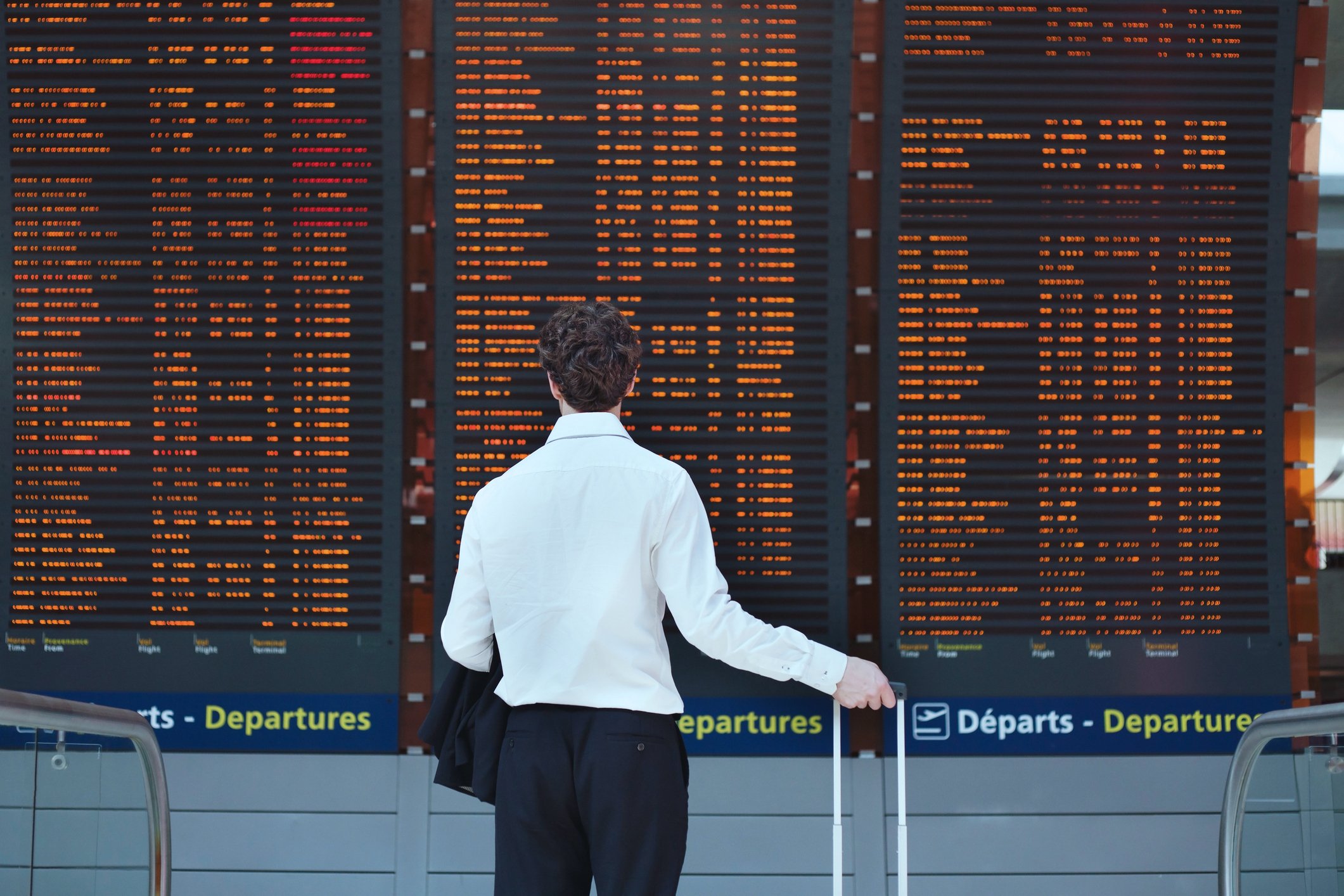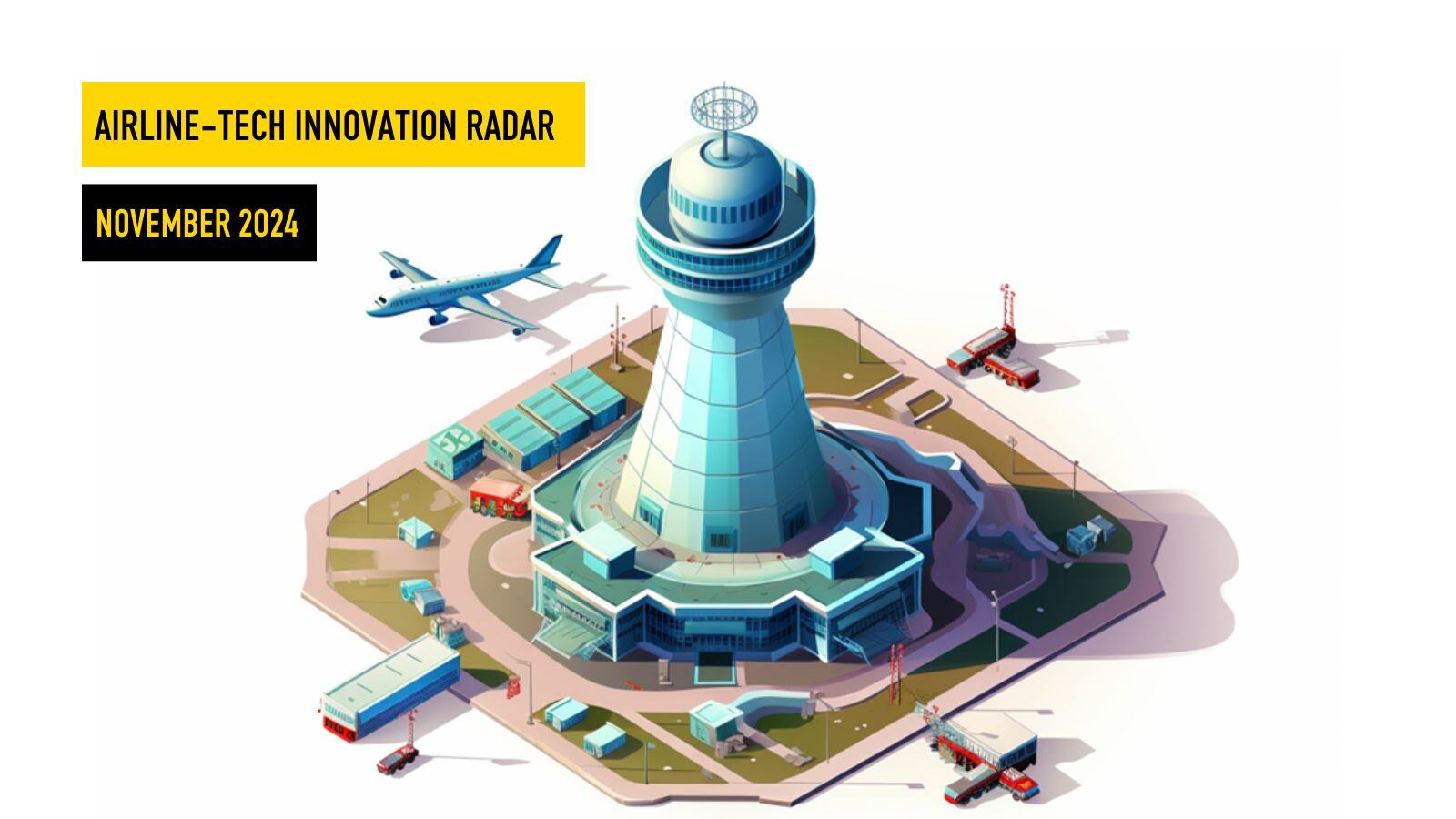Welcome back to our monthly OAG Airline-Tech Innovation Radar, where we highlight the three most promising real-world innovation initiatives from the airline industry over the past month.
This November edition serves as a powerful reminder that industry-leading innovation does not always require moonshot ideas. Instead, it's about adopting clever approaches to improve and rethink current processes, particularly through the strategic use of technology and data.
Join us as we explore the latest advancements that demonstrate the industry's commitment to creating more meaningful and customer-friendly air travel experiences.
Innovation #1: Google Flights Introduces "Cheapest" Tab

Google Flights has introduced a new feature called the "Cheapest" tab, designed to simplify the search for lower-priced flight options. This might initially seem like a modest update, yet it represents a significant shift in the usability of flight comparison tools—more on that below.
But first, here is how the tab works:
- When users enter their travel details on Google Flights, they can now select the "Cheapest" tab to instantly sort available flights by the lowest price.
- This straightforward approach eliminates the growing complexity often found in “classical” metasearch platforms.
At a time when flight comparison sites are becoming increasingly crowded and complex, particularly with the inclusion of various ancillary services, Google Flights brings back the focus to what many travelers value most - simplicity and convenience in finding the lowest-priced flights. This ease of use is a reminder of the fundamental appeal of price comparison platforms.
But there are more reasons why this innovation stands out:
The cheapest-price filter on Google Flights deliberately includes what many would consider “less convenient” flight options in its listings. This includes flights with longer layovers, self-transfers, or those requiring bookings through multiple airlines or sites.
Given the inclusion of non-standard flight combinations, this feature aligns perfectly with the expanding market for “Alternative Interlining” (see our full report), where travelers combine flights from different airlines that may not have existing codeshare or interlining agreements. Google’s approach taps into the increasing consumer demand for a broader range of travel options, leveraging the industry trend towards more unique city pairs and personalized travel itineraries.
In essence, Google Flights' “Cheapest” tab is a strategic enhancement that reflects and supports evolving consumer behaviors in the airline industry, making it a standout innovation in the context of airline tech.


Innovation #2: The Airline Industry Unites to Enhance In-Flight Connectivity Quality

The Seamless Air Alliance (SAA), a leading developer of global standards for in-flight connectivity and funded by a range of airline members, has announced the launch of a new venture called Viper. This initiative aims to track and report the performance of satellite networks used in aviation, specifically in-flight WiFi connectivity.
Here is how Viper works:
The Viper service platform collects data on satellite network performance and delivers actionable insights to airlines and their service providers. The service operates on a flat-rate subscription model that covers monitoring for every aircraft in an airline's fleet, providing comprehensive and continuous performance assessments. Alaska Airlines is the first to contract Viper services.
Why does this innovation stand out?
Viper's introduction is a significant milestone in airline tech for several reasons:
- As more airlines transition to satellite-based internet services for their customers (see United Airlines and Air France as the latest examples), high-speed WiFi is becoming a standard expectation aboard flights. Airlines need robust tools to monitor and ensure the quality of their satellite-based broadband services. Viper provides a standardized and systematic approach to tracking connectivity performance, aligning with the increasing adoption of satellite technology by major carriers.
- Developed through collaboration between airlines, satellite operators, and service providers, Viper reflects a concentrated effort within the aviation industry to set and maintain high standards of service, ensuring a consistent and reliable user experience across different airlines and routes. In an era where passengers expect ground-like connectivity, the disappointment with traditionally choppy WiFi onboard has been significant. This cross-collaborative approach signals a realization among airlines that working together is essential to improving customer satisfaction levels, a longstanding challenge in the industry.
- Beyond entertainment, the future of inflight entertainment (IFE) includes new retail interfaces, such as in-seat screens that serve as direct sales channels, allowing passengers to explore and purchase ancillary services. Next-generation IFE is also expected to emerge as comprehensive travel assistants, providing real-time flight updates, connection guidance, and destination information. All these scenarios demand high-speed internet connectivity, making reliable internet connectivity not only in the interest of travelers but also essential for airlines, as explored in our in-depth In-flight Experience Primer.

Innovation #3: Pegasus Airlines Introduces AI-Generated Multilingual Flight Announcements

Pegasus Airlines, a leading low-cost carrier based in Turkey, has innovated how flight information is communicated to passengers by introducing AI-generated multilingual flight announcements using cloned captain voices.
Here is how this works:
The new service, developed by The Pegasus Innovation Lab, uses Generative AI to clone the voices of the airline's captains, ensuring the announcements maintain a familiar and authoritative tone.
The system can generate announcements in multiple local languages, catering to the diverse linguistic needs of Pegasus Airlines' international passenger base (initially focused on Spanish, Arabic, and Russian).
Announcements are not only multilingual but also include real-time flight information, weather updates, destination details, the captain's name, and flight duration, all updated via AI before take-off.
Why does this innovation stand out?
- First and foremost, for Pegasus's clever application of technology: While the revolutionary potential of generative AI is often discussed in high-impact scenarios, Pegasus Airlines demonstrates its value in "low-hanging fruit" applications. The use of AI for something as routine as flight announcements exemplifies how AI can be integrated seamlessly into everyday operations without disrupting the human touch, which is crucial in customer interactions.
- Secondly, this innovation is a small but significant step towards creating a more personalized travel experience. It reflects a thoughtful approach to using technology to meet the needs of a diverse passenger demographic, making each individual feel more acknowledged and informed.
- By utilizing AI to offer announcements in various languages, Pegasus ensures that more passengers understand vital flight information, enhancing safety and comfort. Moreover, the innovation frees up the captain and crew from the repetitive task of making the same announcements on every flight they are on. It's potentially an efficiency gainer, allowing the crew to focus on other critical aspects of flight operations and customer service.
In summary, Pegasus Airlines' initiative is a prime example of how airlines can leverage technology to subtly yet effectively enhance passenger experience. It represents a win-win for both passengers and crew, pointing towards a future where airline tech enhances the nuances of travel without compromising human elements.
The November Wrap-Up
We hope that you agree that this month's innovations highlight how simplicity can lead to significant improvements in air travel.
Keep an eye on our upcoming editions as we continue to explore how innovations, whether incremental or disruptive, are reshaping airline tech, creating smoother and more accessible travel experiences for all. We look forward to having you with us again next month!




.jpg)





.png)








